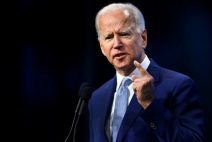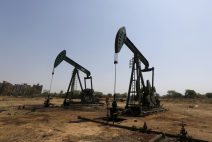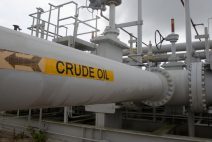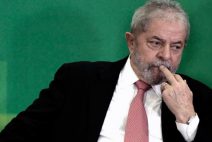Saudi Arabia and Russia agreed to extend their voluntary oil production cuts through the end of this year, trimming 1.3 million barrels of crude out of the global market and boosting energy prices.
The dual announcements from Riyadh and Moscow pushed benchmark Brent crude above $90 a barrel in trading Tuesday afternoon, a price unseen in the market since last November.
The countries' moves likely will increase the cost for motorists filling up at the pump and put new pressure on Saudi Arabia's relationship with the United States. President Joe Biden last year warned the kingdom there would be unspecified "consequences" for partnering with Russia on cuts as Moscow wages war on Ukraine.
Saudi Arabia's announcement, carried by the state-run Saudi Press Agency, said the country still would monitor the market and could take further action if necessary.
"This additional voluntary cut comes to reinforce the precautionary efforts made by OPEC+ countries with the aim of supporting the stability and balance of oil markets," the Saudi Press Agency report said, citing an unnamed Energy Ministry official.
Russian news agency Tass quoted Alexander Novak, Russia's deputy prime minister and former energy minister, as saying Moscow would continue its 300,000 barrel a day cut.
The decision "is aimed at strengthening the precautionary measures taken by OPEC+ countries in order to maintain stability and balance of oil markets," Novak said.
Patrick DeHaan, head of petroleum analysis at GasBuddy, noted in a post on X (formerly known as Twitter) that global crude prices rose to their level since November of 2022 after news surfaced of the extended Saudi and Russian production cuts.
Benchmark Brent crude traded Tuesday at $90 a barrel immediately after the announcement. Brent had largely hovered between $75 and $85 a barrel since last October.
Scorching temperatures this summer have also forced U.S. refineries to close, scaling back production and acting to further drive up gas prices.
The Saudi reduction, which began in July, comes as the other OPEC+ producers have agreed to extend earlier production cuts through next year.
A series of production cuts over the past year has failed to substantially boost prices amid weakened demand from China and tighter monetary policy aimed at combating inflation.



















